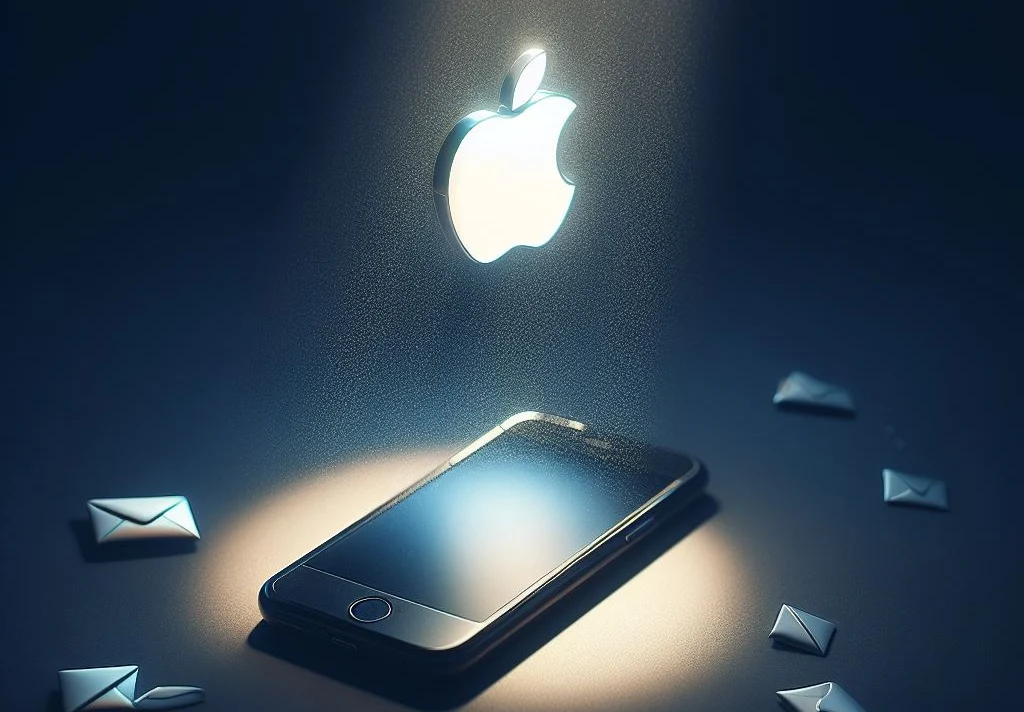Did you know that Apple's latest iMessage Contact Key Verification (CKV) could be your secret weapon against government snooping? At first, you might think it's just for super security-conscious folks, but it's got something for everyone.
Let's delve into the details. iMessage is like a locked vault, thanks to end-to-end encryption. Only the intended message buddies can read what's inside. But here's the twist – it's not just about people, it's about devices. Apple keeps a list of the devices that are allowed to open the vault. If someone sneaky gets in there, they can add their own device and read your messages.
Contact Key Verification steps up as your personal guard. It lets you check if any uninvited guests have crashed your message party. You might think, "Who's going to break into Apple's servers?" Well, it's not the hackers Apple's worried about, but the government's watchful eye.
This all goes back to a little something called 'the ghost proposal' from the UK's GCHQ. These agencies have been dying to break end-to-end encryption but couldn't because it'd create a backdoor for the bad guys, too. GCHQ's plan is kind of diabolical. They want service providers like Apple to secretly join your chats as an invisible eavesdropper.
In simple words, they'd ask Apple to add a hidden device to your chat, which would get copies of all your messages without anyone knowing. Creepy, right?
Well, Apple wasn't having it. They, along with Google and Microsoft, said no way to the ghost proposal. But the worry was that a classified court order could still force them to do it.
Now, with Contact Key Verification, you can see if there are any unwanted devices in your chat. It's like a secret handshake for your digital conversations. Even if most folks don't use it, it makes the ghost proposal useless.
So, here's the bottom line: Apple's saying to the government spies, "You're not welcome here." And that's good news for all of us. It's a win for privacy and a thumbs-up to end-to-end encryption in a world where it's becoming a rare treasure.
Read next: 28 Percent of Social Media Users Posted Less This Year, Raising Questions on Industry’s Future
Let's delve into the details. iMessage is like a locked vault, thanks to end-to-end encryption. Only the intended message buddies can read what's inside. But here's the twist – it's not just about people, it's about devices. Apple keeps a list of the devices that are allowed to open the vault. If someone sneaky gets in there, they can add their own device and read your messages.
Contact Key Verification steps up as your personal guard. It lets you check if any uninvited guests have crashed your message party. You might think, "Who's going to break into Apple's servers?" Well, it's not the hackers Apple's worried about, but the government's watchful eye.
This all goes back to a little something called 'the ghost proposal' from the UK's GCHQ. These agencies have been dying to break end-to-end encryption but couldn't because it'd create a backdoor for the bad guys, too. GCHQ's plan is kind of diabolical. They want service providers like Apple to secretly join your chats as an invisible eavesdropper.
In simple words, they'd ask Apple to add a hidden device to your chat, which would get copies of all your messages without anyone knowing. Creepy, right?
Well, Apple wasn't having it. They, along with Google and Microsoft, said no way to the ghost proposal. But the worry was that a classified court order could still force them to do it.
Now, with Contact Key Verification, you can see if there are any unwanted devices in your chat. It's like a secret handshake for your digital conversations. Even if most folks don't use it, it makes the ghost proposal useless.
So, here's the bottom line: Apple's saying to the government spies, "You're not welcome here." And that's good news for all of us. It's a win for privacy and a thumbs-up to end-to-end encryption in a world where it's becoming a rare treasure.
Read next: 28 Percent of Social Media Users Posted Less This Year, Raising Questions on Industry’s Future

